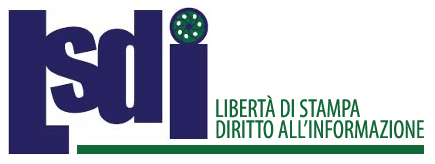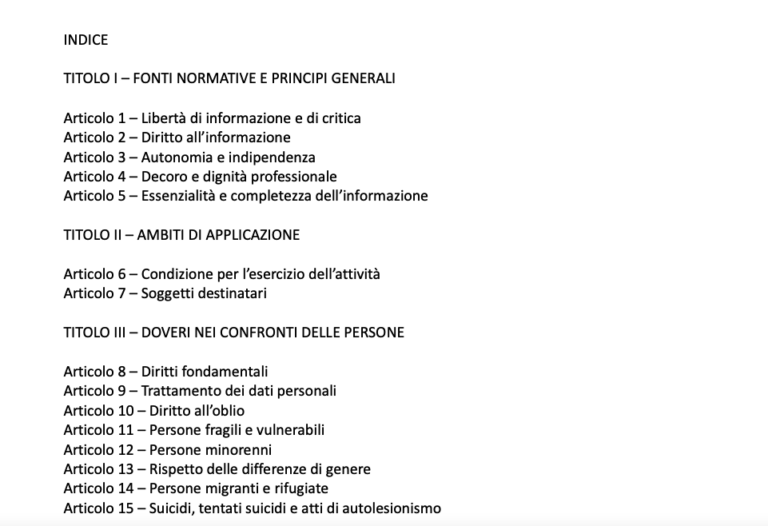
Gli aspiranti giornalisti chiedono più formazione in campo tecnologico
 La formazione nel campo delle tecnologie digitali e multimediali e nell’ analisi dei dati è l’ elemento più richiesto dai giornalisti professionali, anche più di temi tradizionali come la formazione al lavoro di cronaca, l’ etica giornalistica e le questioni giuridiche.
La formazione nel campo delle tecnologie digitali e multimediali e nell’ analisi dei dati è l’ elemento più richiesto dai giornalisti professionali, anche più di temi tradizionali come la formazione al lavoro di cronaca, l’ etica giornalistica e le questioni giuridiche.
Lo ha accertato una inchiesta della Knight Foundation, una fondazione Usa che dedica molte risorse alla promozione dell’ innovazione nel giornalismo.
Secondo i risultati di questo sondaggio, la formazione nel campo delle tecnologie è al primo posto nelle richieste del 78% del campione intervistato, seguita dalla formazione nel settore multimedia (77%) e in quello dell’ analisi dei dati (75%).
La ricerca – spiega European Journalism Center – è stata realizzata intervistando 660 studenti delle scuole di giornalismo in Usa e America latina.
(via 233grados)




